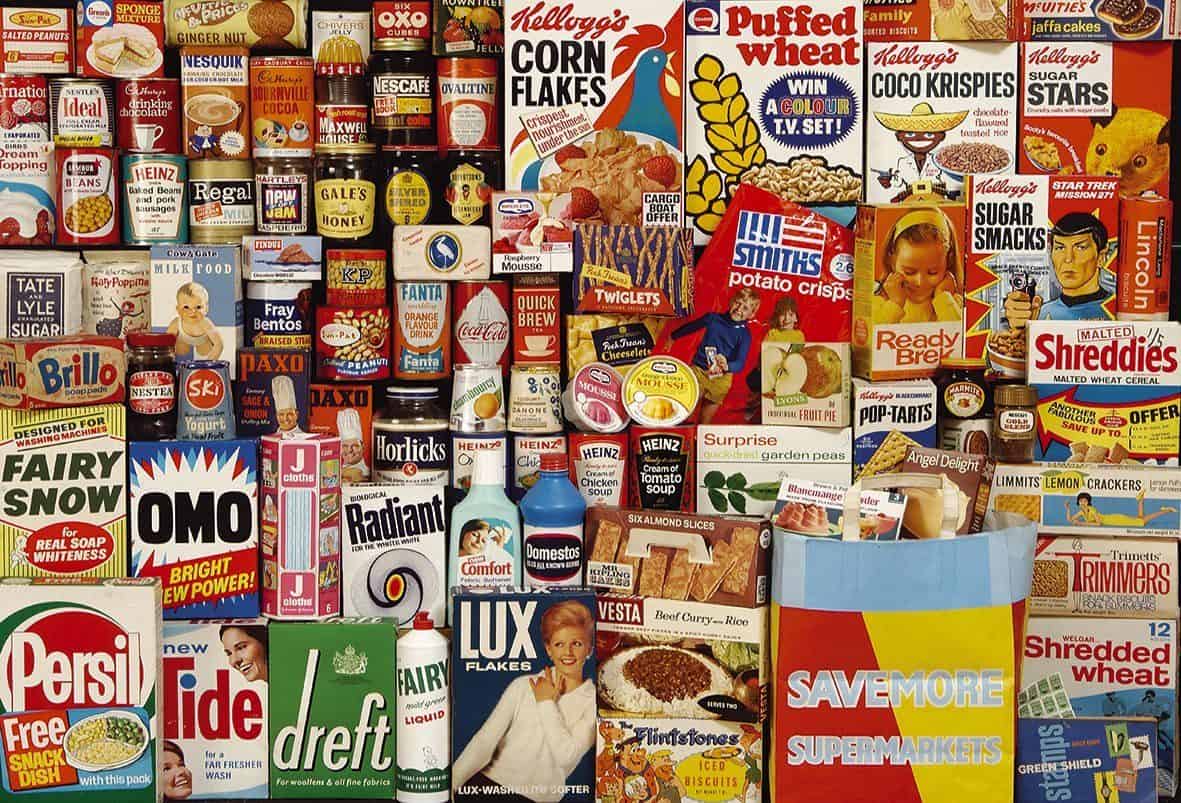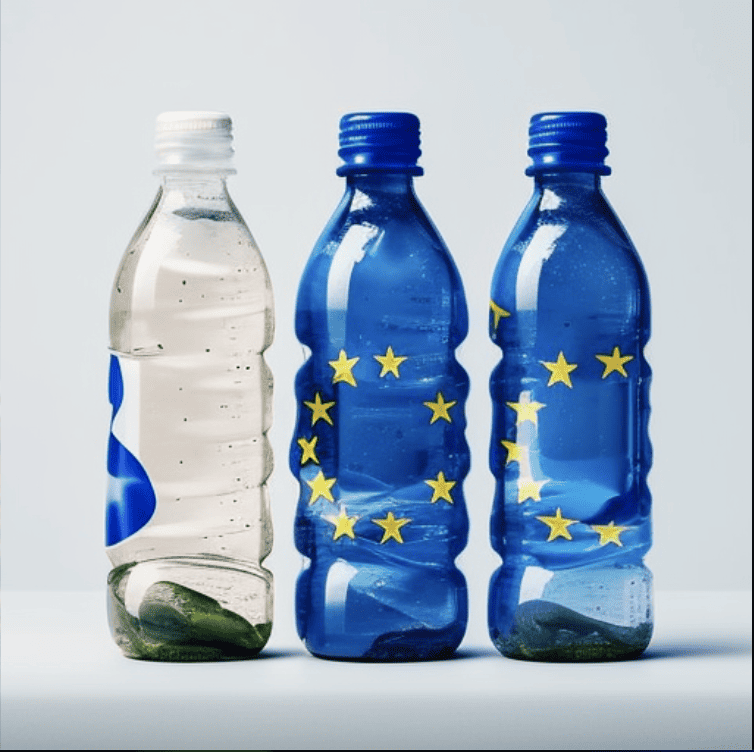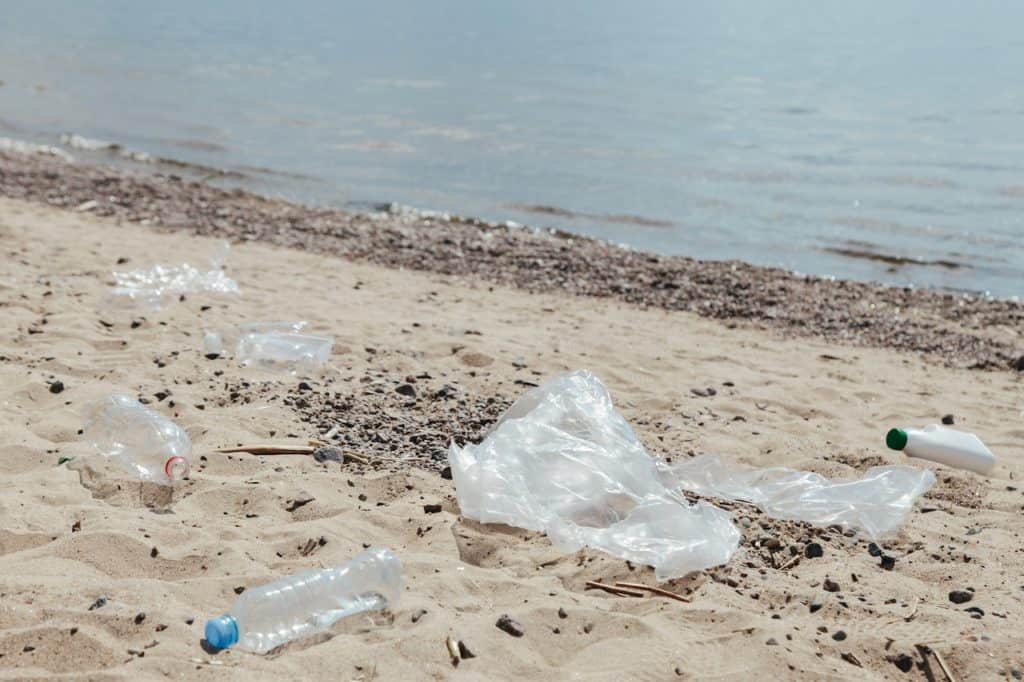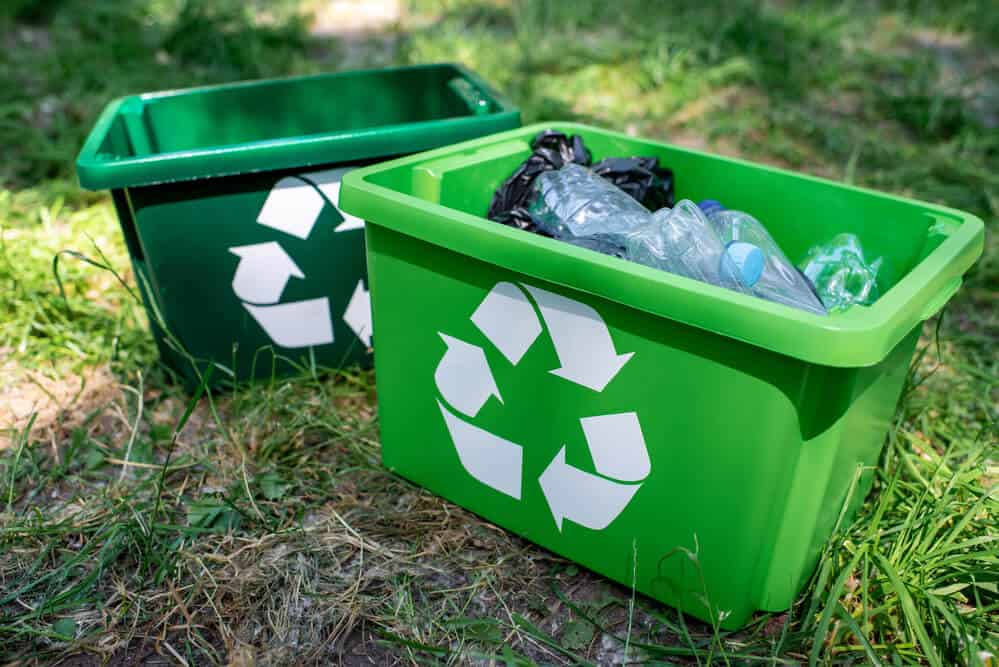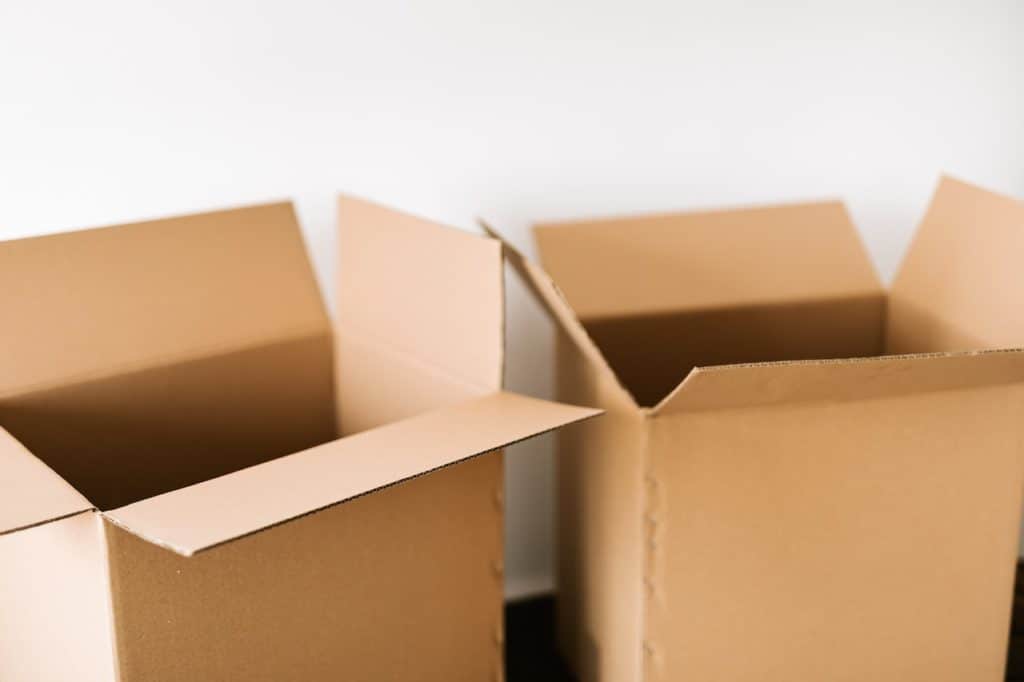Recycling Through The Ages
In this series of articles, we are looking at recycling through the ages, considering the changes in mentalities and behaviours, the environmental savings, and the comparative costs. This week we will be looking at the 1970s.
Less Energy, Less Costs, More Reasons
After the victories for recycling in the 1960s, the 1970s really took off, with ideas and investments coming in from a multitude of sources. The revolution was under way, and communities pooled together to contribute ideas and solutions. Quite soon it was realized that manufacturers held the key to an improved future for recycling, by developing products that were easier to recycle and be made from recycled materials. These businesses understood that new products consuming less energy to produce, would save them costs and provide them with an ecologically sound reason for change.
Recycling in the 1960s
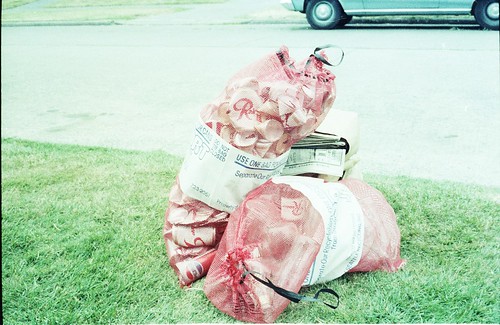
The Start Of The Trail
In the early 1970s, with recycling becoming a household name and it being accepted that it was a wholly improved way of production in comparison to using raw materials, collections began. Rose Rowan, one of the pioneers of the recycling movement, and who later went on to encourage many other environmentally friendly tools, began with the idea of ‘recycling trailers’. As Marketing Director of the company producing these trailers, Rowan initiated a domestic recycling trend that we still see today. Of course now we have different trucks that come along and take our recyclables, but back then, a trailer was hooked on to the back of a waste management vehicle that allowed both collections to take place alongside domestic waste. The complete curbside collection that we have today didn’t properly get under way after the 1970s had ended. The first regular collections were just for newspapers, and that began as a monthly scheme in 1973, in Berkeley, California.
California, 1970s
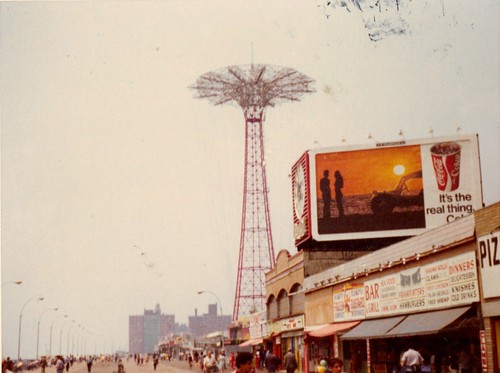
Who Else Joined The Act
One of the earliest examples of man-made plastic was invented by Alexander Parkes in 1855. Following this, many huge names introduced plastic materials for their products. In 1975, the year that Monty Python and the Holy Grail was released, Coca Cola co decided to launch a Holy Grail of its own. Ten years in the making, and the best name they could come up with was the ‘Easy-Goer’, but nonetheless, the release of lightweight plastic recyclable bottles was a landmark in their history.
Six bottles weighed less than one glass one, and also took less energy to produce and transport in the entire cycle. The bottles were smaller in size, but equal in liquid volume due to thinner bottle walls.A recycling program utilizing local recycling centres allowed the bottles to live again, being reprocessed into further ‘Easy-Goer’ bottles.
Towards the end on the Seventies, about the time that Mr Presley died, the USA passed the Clean Water Act of 1977. The act created a sharply rising demand for bleached white paper, which was easy to recycle, and cheaper to be made than virgin paper. The act specifically put a high charge on water pollution, which made recycling paper the viable alternative.
Recycling in the 1970s saw a huge boost on the 1960s, with recycling increasing by around 50%, but it was until the 1990s that things really became mainstream and industrialized. Next week we will be looking at the 1980s, the era that bridged the gap between the rise and the regime of modern day recycling. For now, take a look at these incredible tips from the year that the Beatles went their own separate ways.
Earth Born shampoo
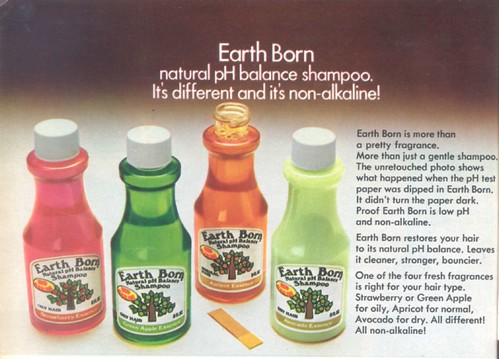
Domestic Recycling Tips From Mr T H Hagemann – 1970
- Cut up Christmas and other greeting cards and keep the clear, smooth pieces in a holder in the kitchen to be used for shopping lists, notes to the milkman, etc.
- Wash and save glass containers from mayonnaise and other products for food storage and keeping fruit juice in the refrigerator. Tall mayonnaise jars will protect sugar, salt, flour and cereals better than their original paper or cardboard containers, and squatty jars are perfect for storing little leftovers in the refrigerator.
- Use the plastic tops of coffee cans as coasters under glasses and also to keep furniture feet from digging into your rug.
- Coffee cans with holes punched in their bottoms—and-perhaps decorated with aluminium foil—make adequate temporary flower pots.
- Use the seeds of foods you have eaten—apples, oranges, grapefruit, green pepper and avocado—to grow new plants.
- Save all reusable wrapping paper and string. Heavy wrapping paper makes an excellent, dust-proof backing for framed pictures.
- Bed sheets, which usually wear out in the middle, can be cut down the centre and the two outside edges, which get very little wear, can then be sewn together to make a new centre. It takes a little time and work to hem the new outer edges (which were formerly in the middle), but it saves the price of a new sheet. Pillow slips can be made from the good sections of the worn sheet and finally, of course, they go into the rag bag.
- Bath towels, which also wear most in the middle, can be cut in half to make hand towels. The good pieces are later made into face cloths and dish rags and, finally, they too can be used for cleaning and shoe polishing.
- Pliofilm* covers and plastic bags have many uses. Those from the dry cleaner serve as continued protection for clothes and for storing blankets and sweaters. They also make good dust-covers for the ironing board, small suitcases and other items. We use them also in our linen closet and on book shelves. Spread the bottom end of the bag smoothly on the clean shelf, the bottom edge against the back wall, or sticking up an inch or so if you prefer. While most of the bag hangs down, stack your linens or books on the covered shelf, then bring the rest of the clear covering up in front of the stack, over the top, and tuck it down gently in back. The contents of the shelf are completely visible, yet protected from dust. It is a simple matter to lift off the top of the pliofilm when you want to remove a sheet or a book, and the covering can be kept clean with upward sweeps of a damp cloth or sponge.
- Smaller Pliofilm bags are good for covering fans, kitchen appliances, handbags, shoes or gloves. When we travel, almost every item in the suitcase is kept clean, safe from accidental spills and wrinkle-free in its individual plastic bag.
*Pliofilm is a plastic compound similar to PEVA
If you enjoyed reading about the 1970s, please read the other parts of ‘Recycling through the ages’
To read about the 2000s
To read about the 1990s
To read about the 1980s
To read about the 1960s

